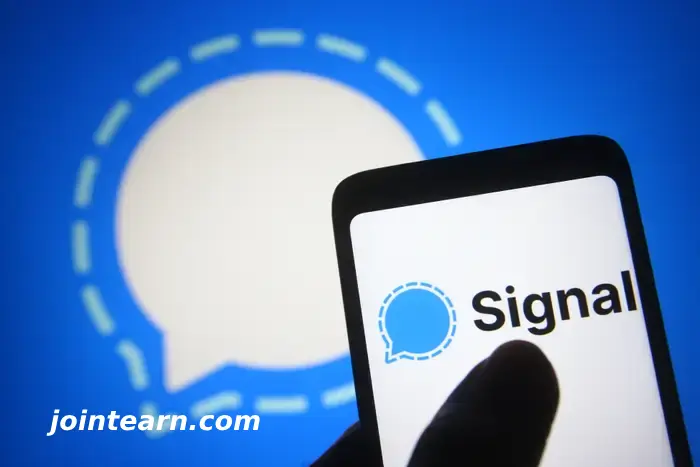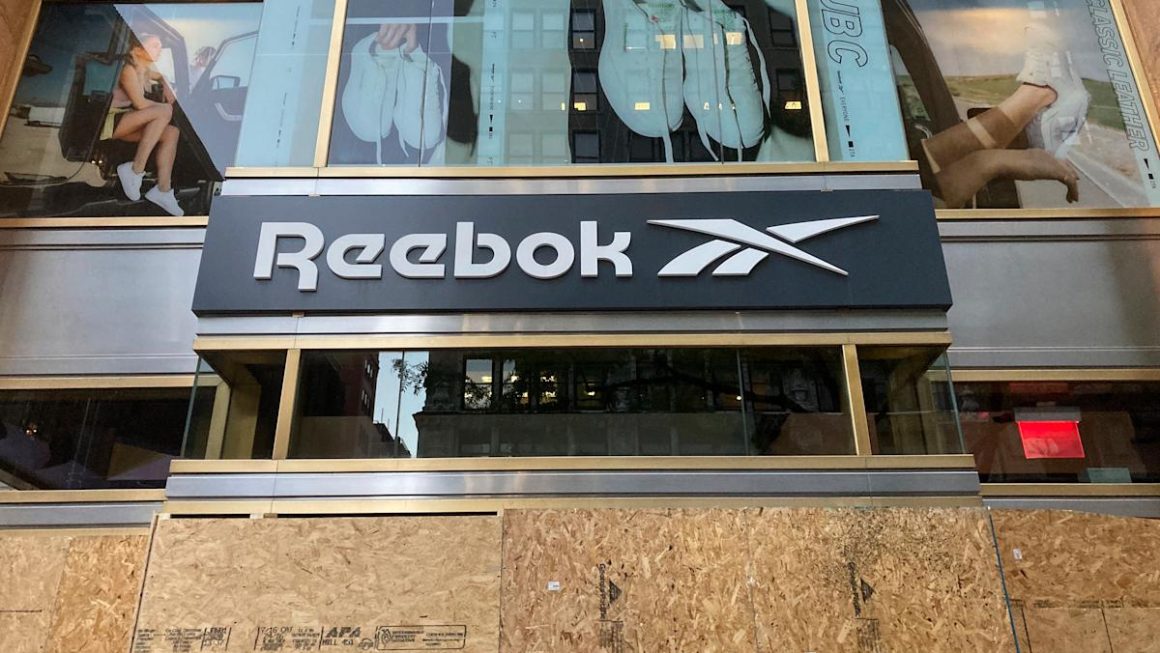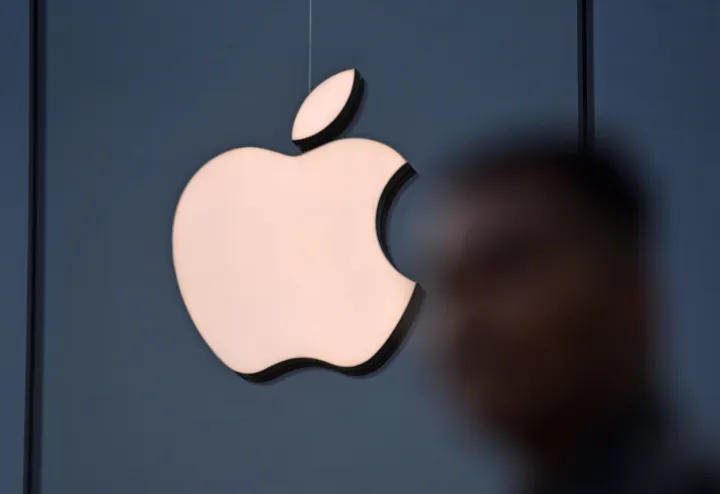A Closer Look at Signal’s Privacy Features and Security Concerns
The Signal messaging app has been making headlines after reports surfaced that senior U.S. officials used it for a secret group chat discussing military operations. But what exactly is Signal, and how secure is it for private communication?
What Is Signal?
Signal is a free, open-source messaging app known for its end-to-end encryption (E2EE), which ensures that only the sender and receiver can read messages—even Signal itself cannot access them. With an estimated 40-70 million monthly users, Signal is smaller than competitors like WhatsApp and Facebook Messenger, but it is widely regarded as the gold standard in secure communication.
How Secure Is Signal?
Signal offers several key privacy and security features:
-
End-to-End Encryption (E2EE) – Protects messages from being intercepted.
-
Open-Source Code – Allows security experts to verify that there are no hidden vulnerabilities.
-
Minimal Data Collection – Unlike WhatsApp, Signal does not store usernames, profile pictures, or group memberships.
-
No Ads or Trackers – Operates as a nonprofit funded by donations, ensuring user data isn’t monetized.
-
Disappearing Messages – Messages can be set to auto-delete after a specific time.
These features make Signal the preferred choice for journalists, cybersecurity professionals, and privacy advocates worldwide.
Can Signal Be Hacked?
While Signal provides robust encryption, no app is 100% foolproof. Security ultimately depends on the user’s device and habits. Risks include:
-
Device Access – If someone gains access to an unlocked phone, they can read Signal messages.
-
Password Security – Weak or compromised passwords can make accounts vulnerable.
-
Physical Surveillance – Encryption can’t prevent someone from reading messages over your shoulder.
Why Was Signal Used for a Government Chat?
U.S. officials using Signal for sensitive conversations has raised concerns. Typically, high-level government communications occur in Sensitive Compartmented Information Facilities (SCIFs)—highly secure rooms where electronic devices are prohibited. The use of Signal instead of government-secured systems has sparked debate about proper cybersecurity practices for handling classified information.
The Controversy Over Disappearing Messages
Signal’s self-destructing messages feature adds another layer of privacy but can conflict with government record-keeping laws. Some officials may need to forward messages to official accounts to comply with legal requirements.
The Bigger Debate: Government Access to Encrypted Messages
Governments worldwide have pressured tech companies to create “backdoors” in encrypted apps like Signal and WhatsApp for national security purposes. However, security experts warn that such measures could be exploited by hackers and malicious actors.
For instance:
-
In 2023, Signal threatened to leave the UK if laws weakened encryption.
-
Apple removed E2EE cloud protection in the UK after government pressure.
Final Thoughts
Signal remains one of the most secure messaging apps available, but as the recent U.S. government controversy shows, encryption alone isn’t enough to protect sensitive information. Proper security measures and responsible usage are crucial—because, as one critic put it, “Encryption can’t protect you from human error.”











